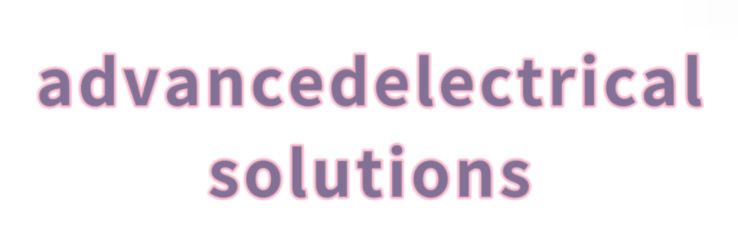Achieving Uninterrupted Reliability: The Key to Superior Aviation GNSS Antenna Performance
In the fast-evolving aviation sector, achieving optimal performance from GNSS antennas is crucial for safe navigation. Uninterrupted reliability ensures that pilots can depend on accurate positioning data at all times.
For more information, please visit aviation GNSS antenna reliable performance .
What is Uninterrupted Reliability in Aviation GNSS Antennas?
Uninterrupted reliability in aviation GNSS antennas refers to the consistent and dependable performance of these critical components. This reliability is essential for precise navigation and safety, as any disruption can lead to serious aviation risks.
Key Factors Enhancing GNSS Antenna Performance
- Design Quality: Aerodynamically optimized designs minimize signal disruption while flying.
- Material Choice: High-quality, resilient materials improve durability and reduce signal interference.
- Multi-constellation Support: Antennas supporting multiple GNSS constellations provide better coverage and reliability.
Statistics and Research Supporting GNSS Performance
According to a 2020 study by the National Institute of Standards and Technology (NIST), GNSS systems that regularly undergo maintenance and upgrades improve their reliability by up to 40%. This emphasizes the importance of routine checks and upgrades for enhanced antenna performance.
Real-World Applications
Consider a major airline that faced significant delays due to insufficient GNSS antenna performance during inclement weather. By upgrading to antennas with proven uninterrupted reliability, they reduced downtime by 30%, thus improving overall operational efficiency and safety.
Common Challenges and Solutions
GNSS antennas often encounter challenges such as signal obstruction and interference. To address these issues, avionics manufacturers recommend implementing advanced filtering technologies and routine maintenance checks to maintain performance integrity.
Benefits of Investing in Reliable Aviation GNSS Antennas
- Increased Safety: Reliable antennas reduce navigation errors, enhancing safety.
- Cost Efficiency: Fewer outages mean less operational downtime, saving costs.
- Operational Efficiency: Improved reliability leads to smoother flight operations.
Future Trends in Aviation GNSS Antenna Technology
The aviation industry is moving towards the integration of Artificial Intelligence (AI) in GNSS systems for predictive maintenance. This technology can foresee potential antenna failures, ensuring uninterrupted service and performance.
Frequently Asked Questions
What makes a GNSS antenna reliable?
Reliability is determined by consistent performance under various environmental conditions, support for multiple GNSS systems, and quality construction materials.
How often should GNSS antennas be maintained?
Regular inspections are recommended every six months, with upgrades performed based on the latest technological advancements and guidance from manufacturers.
Can GNSS antennas perform well in urban environments?
Yes, modern GNSS antennas utilize advanced filtering capabilities to minimize urban canyon effects and enhance signal reliability.
What is the impact of weather on GNSS antenna performance?
Weather can affect GNSS performance, but high-quality antennas designed for harsh conditions can mitigate these effects and maintain consistent accuracy.
Are multi-constellation antennas worth the investment?
Investing in multi-constellation antennas ensures better coverage, increased reliability, and improved performance across diverse operational environments.
If you are looking for more details, kindly visit aviation GNSS antenna high gain .

Comments